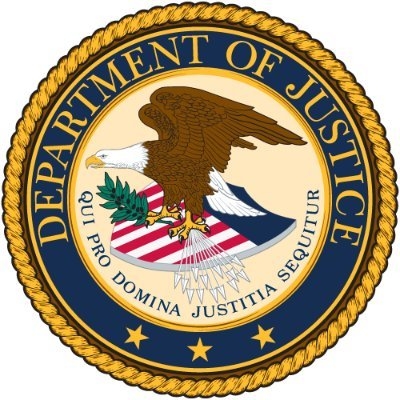Weekly Fiscal Facts are provided to Wisconsin Newspaper Association members by the Wisconsin Policy Forum, the state’s leading resource for nonpartisan state and local government research and civic education. The Wisconsin Policy Forum logo can be downloaded here.
- Download this column as a Word document
- See other WNA Member Content offerings
With hundreds of thousands of Wisconsin citizens out of work due to the COVID-19 crisis, the state’s fund for jobless benefits has paid out hundreds of millions of dollars in a matter of months to cover historic unemployment claims. Nevertheless, the combination of higher fund reserves at the start of the pandemic and state and federal action in response to it should push any broad payroll tax increases for employers into early 2022 — a benefit for both struggling businesses and workers.
Most for-profit Wisconsin employers pay taxes on a portion of their payroll to fund the unemployment system and jobless claims, with quarterly payments due on April 30, July 31 (the next payment), Oct. 31, and Jan. 31. The tax rates can go up or down based on an employer’s size, past claims by an employer’s workers, the balance in the unemployment fund, and any state borrowing from the federal government to pay claims.
Both state and federal governments have taken steps to shield employers from unemployment insurance (UI) tax increases caused by jobless claims related to COVID-19
Under Wisconsin Act 185, benefits resulting from the public health crisis and paid for the weeks between March 12 and Dec. 31 will not count against an employer’s claim history or reserve percentage. In addition to federal loans, states may use funds from the Coronavirus Relief Fund within the federal Coronavirus Aid, Relief, and Economic Security (CARES) Act to avoid insolvency in their unemployment funds, according to the U.S. Treasury Department.
Unlike recent recessions, the current historic unemployment is the direct result of state and local orders and decisions by individuals and businesses to curtail economic activity in an attempt to safeguard public health. It, therefore, makes sense for state and federal officials to protect employers for the next year and a half from broad tax increases that could harm both their still vulnerable finances and their workers. The economy will remain fragile for some time and, though the unemployment fund will have to be replenished eventually, it will be crucial to do so in a way that protects businesses, workers, and jobless benefits.
This information is provided to Wisconsin Newspaper Association members as a service of the Wisconsin Policy Forum, the state’s leading resource for nonpartisan state and local government research and civic education. Learn more at wispolicyforum.org.



